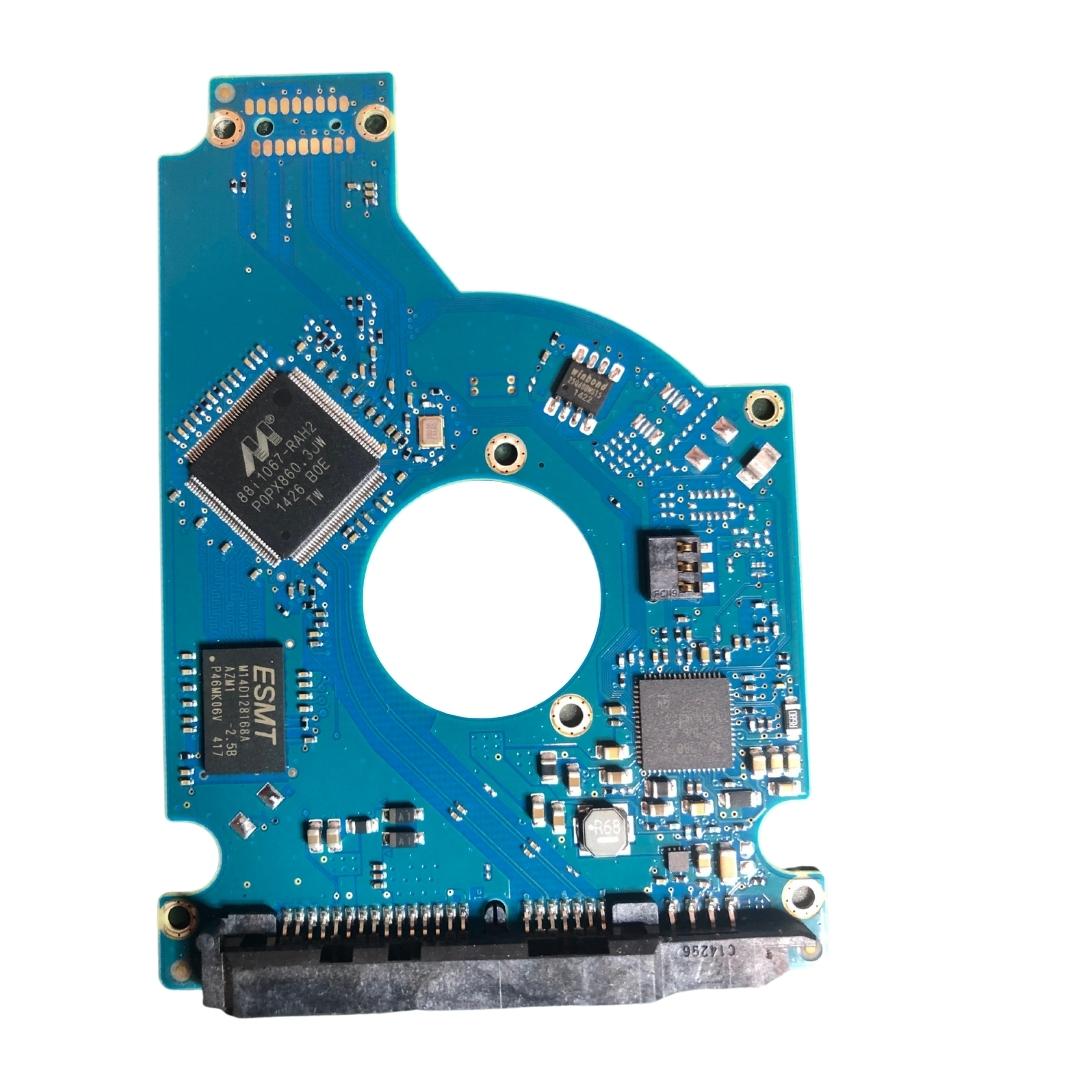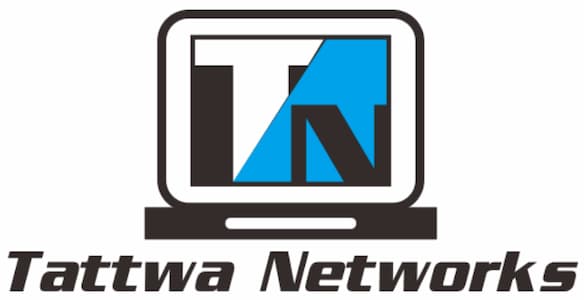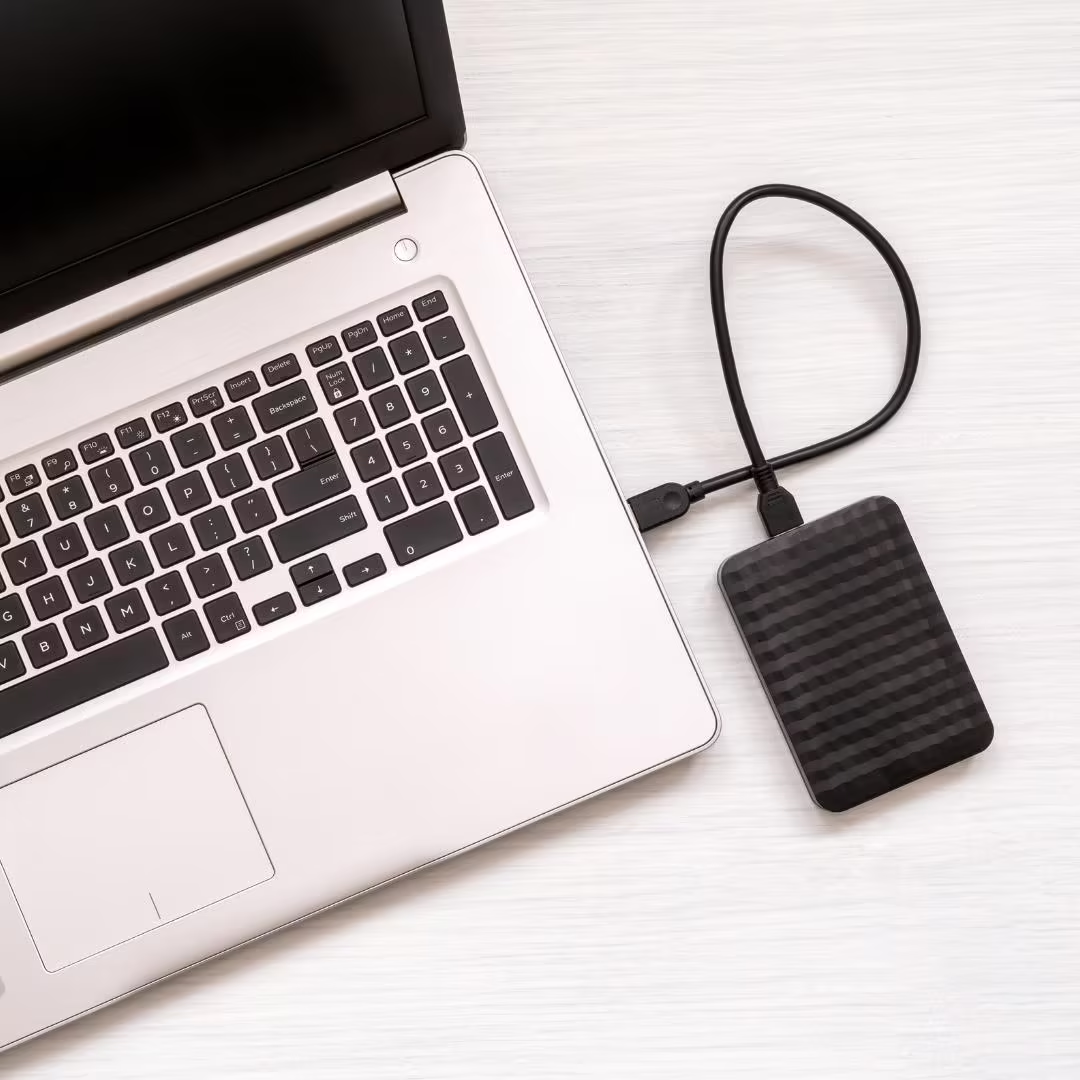How do hard drives fail?
There are two common types of drives at the moment that are used for the operation of your computer, one being HDD (which has mechanical moving parts) and the other SSD (which uses chips to store data and works similar to a USB thumbstick drive).
Cant get access to your files or you are experiencing issues with your storage device we may be able to help recover your data.
There are various reasons why hard drives can fail and they can consist of: human error, hardware failure, firmware corruption, media damage, heat, water damage, power issues or software related issues.
How to know when you drive is failing?
Its not always noticeable but here are some things to become aware of when you think your hard drive may be failing:
- Difficulties with hard drive being recognized in the computer
- Computer failing to boot with the drive plugged into the computer
- Hard drive taking a long time to load
- Corruption of files on the drive
- Programs not loading quickly or at all
- Operating system corruption
- Computer slowing down
- Noises from the computer or drive (clicking, scratching, beeping, etc..)
- Files may go missing
Different types of failure
Hard drive failure can be a slow process over time or it can be an immediate failure. There can also be partial loss or total loss.
Here is a list of some of the ways a hard drive fails:
- The drive can develop bad sectors with use and wear and the data on those sectors can be lost, the drive has a backup amount of sectors but once they are all used the drive progressibly gets worse.
- Data can accidently be deleted
These type of hard drive failures require a data recovery specialist center to repair:
These are usually quick to work out if this is the case. Bare hard drives can be testing and if you hear funny sounds and the drive isn’t detected properly in the computer. It could be one of these reasons.
- Head crash – the part which holds the needle for reading data from the platter hits the platter due to mechanical shock or some other reason. In worse case situations this can scratch the top layer destroying all data.
- Circuit failure – the electronics of the drive may fail
- Motor failure – the electric motor in the drive may stop working
- Other miscellaneous mechanical failures – parts may break.
- Firmware Corruption – the drives firmware becomes unworkable and so the drive cant be detected.

What to do if you experiencing issues?
Loosing data can be scary, but there are some steps you can follow to minimise damage.
If you have accidentally deleted something check your recycle bin to see if its sitting in there, if you have emptied your recycle bin you can try to restore it from a backup if you have one or try using a program like Recuva to help restore the deleted file.
If your having trouble accessing your storage device or it is running really slow. It could be signs of a failing hard drive and is best to make a backup as quickly as possible or turn it off and give it to a professional.
If your computer is not detecting your hard drive it is best to bring your computer to someone who can try to access the hard drive for you and restore it to order.
It is best to always keep a 2nd copy somewhere and whenever you hear any weird sounds, slowly down, missing files for no reason or corruption messages don’t leave it ,its best to get it checked.

